Is Asia ready for a workplace revolution in reproductive health?

Cigna Healthcare’s Dr Dawn Soo urges organisations in Asia to recognise reproductive health, like endometriosis, as a legitimate workplace issue instead of a personal burden.
Doing more with less: Employers in Hong Kong rethink benefits as costs soar
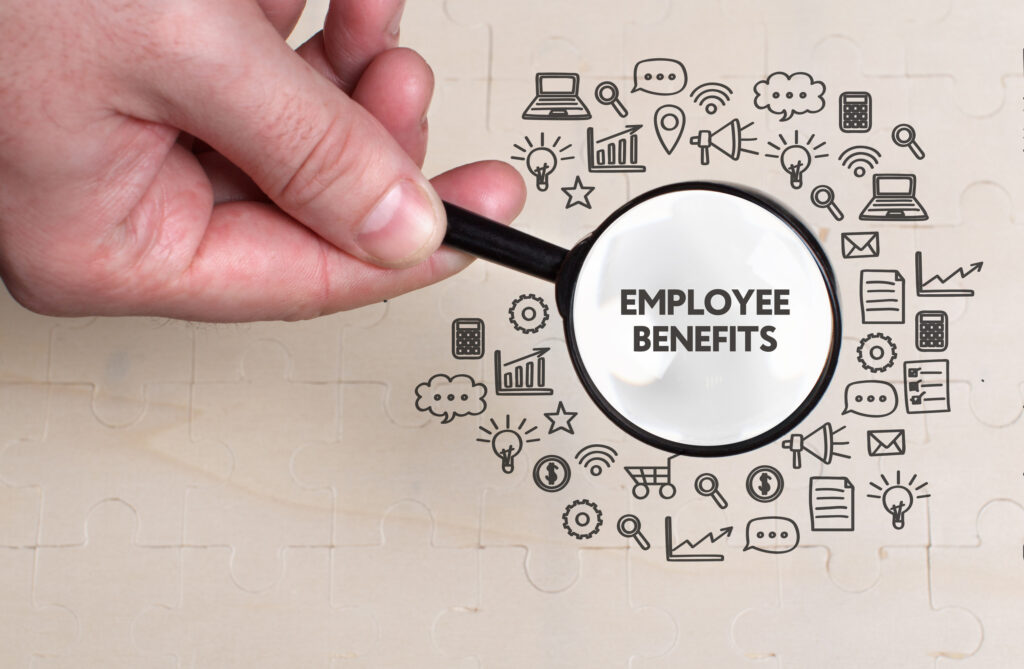
Rising costs and talent pressures are driving employers in Hong Kong to rethink benefits, says WTW’s Eric Lam, with smarter spending now essential.
Feeling is performing: How authentic emotional expression unlocks team success

Longchamp’s Mollie Rogers Jean De Dieu believes emotional awareness is essential to modern leadership, transforming workplace culture through empathy, vulnerability, and inclusive communication.
Singapore workforce more confident, but rising stress and falling job satisfaction create a widening rift

Singapore’s workforce feels more aligned and confident, yet surging stress and declining satisfaction point to mounting pressures on employee wellbeing.
Silence over harassment persists in South Korean workplaces despite stronger prevention policies

A government survey finds 75.2% of employees in South Korea who experienced sexual harassment did not report, highlighting persistent workplace gaps.
From crisis to catalyst: How HR leaders can reinvent culture and continuity

Today’s ongoing disruption is a call for HR leaders to reimagine how work, culture and business continuity intersect, Ayme Zemke writes.
Beyond automation: Thailand HR Tech explores the human side of HR transformation

As technology reshapes the world of work, Thailand HR Tech 2025 invites leaders to co-create a future built on trust and purpose.
The silent exodus? Is menopause costing APAC firms top female talent?

A silent challenge is driving top talent away—menopause. HeyVenus’ Christina Ang says it’s time organisations lead with empathy and strategy.
Day 2 of HR Tech Asia 2025: Rethinking talent, work, and the human element
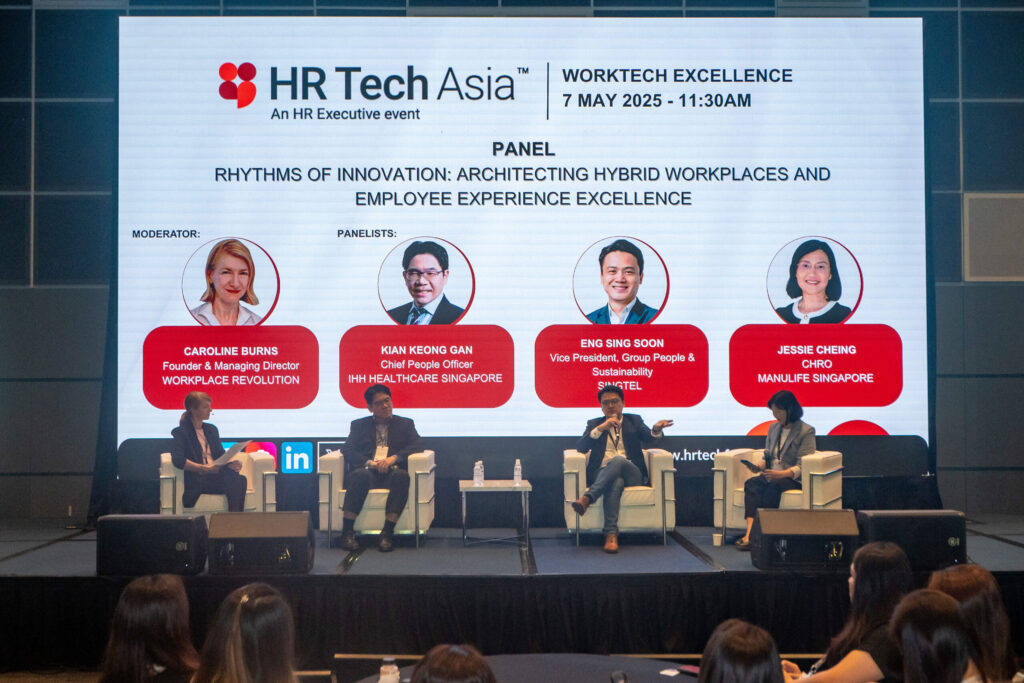
HR Tech Asia 2025 spotlighted empathy, agility, and purpose as key drivers of transformative talent strategies and future-ready workplaces.
Workplace loneliness: New study calls for business intervention

Younger employees feel lonelier than older adults, highlighting a need for employers to rethink how they foster belonging and connection.
Why corporate mental health fails: AI for personalised care

Despite growing investments in mental health, burnout persists—highlighting the need for more proactive, personalised workplace strategies.
The wellbeing virtuous cycle

The business case for supporting employees’ wellbeing beyond the workplace.
HR Tech Asia 2025: Power Talks to tackle future of work challenges
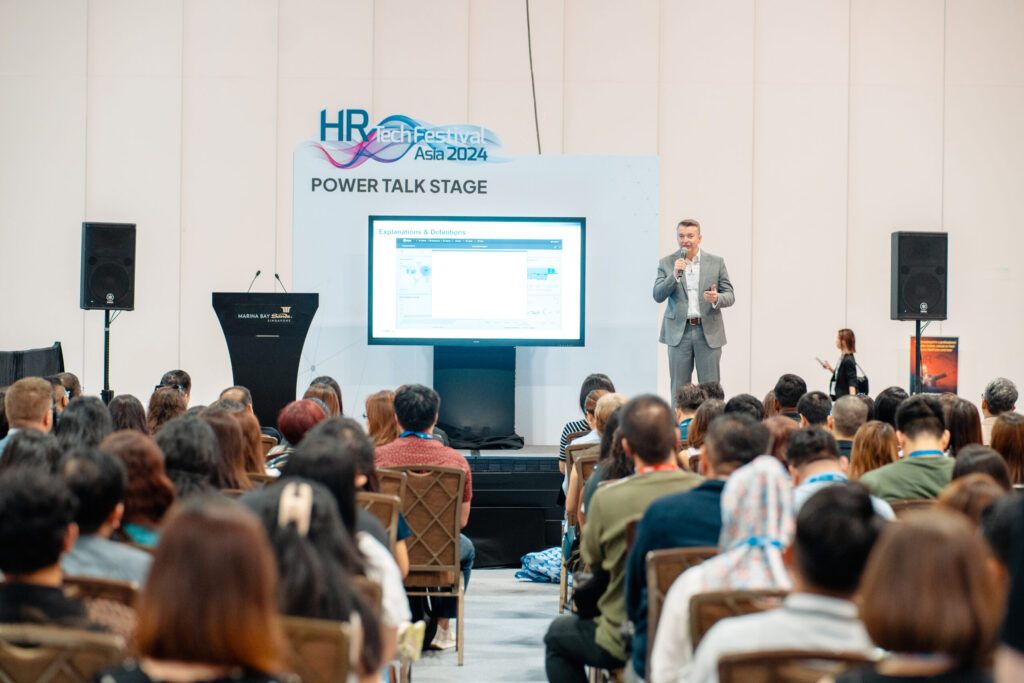
Discover cutting-edge HR strategies and game-changing ideas at HR Tech Asia 2025’s Power Talk Stage—where innovation meets action.
Shaping tomorrow’s workplace: Worktech Excellence track to lead conversations at HR Tech Asia 2025

HR Tech Asia 2025’s Worktech Excellence track explores how technology, space, and culture converge to shape the future of work.
Reproductive health leave could save Australian economy billions, report finds

Providing 12 days of reproductive health leave could save Australia A$21.3 billion annually and improve equity for women at work.
Flexible meal solutions: The missing ingredient in workplace productivity

Flexible meal options are emerging as a vital workplace benefit, reshaping how organisations support employee wellbeing and productivity.
Quantifying the unseen: Menopause and its impact in the APAC workplace

Ignoring menopause in the workplace risks losing experienced female leaders, disrupting knowledge transfer, and weakening innovation—jeopardising long-term organisational resilience.
Lead like a girl – Turning pain into purpose

From vulnerability to resilience, the final part of Avi Liran’s article explores how adversity can fuel growth, transform challenges into strengths, and inspire change.
Developing middle managers: How HR can support these overworked leaders

Today’s middle managers are facing unprecedented challenges that threaten both their effectiveness and wellbeing.
Leading and living vibrantly at Haleon
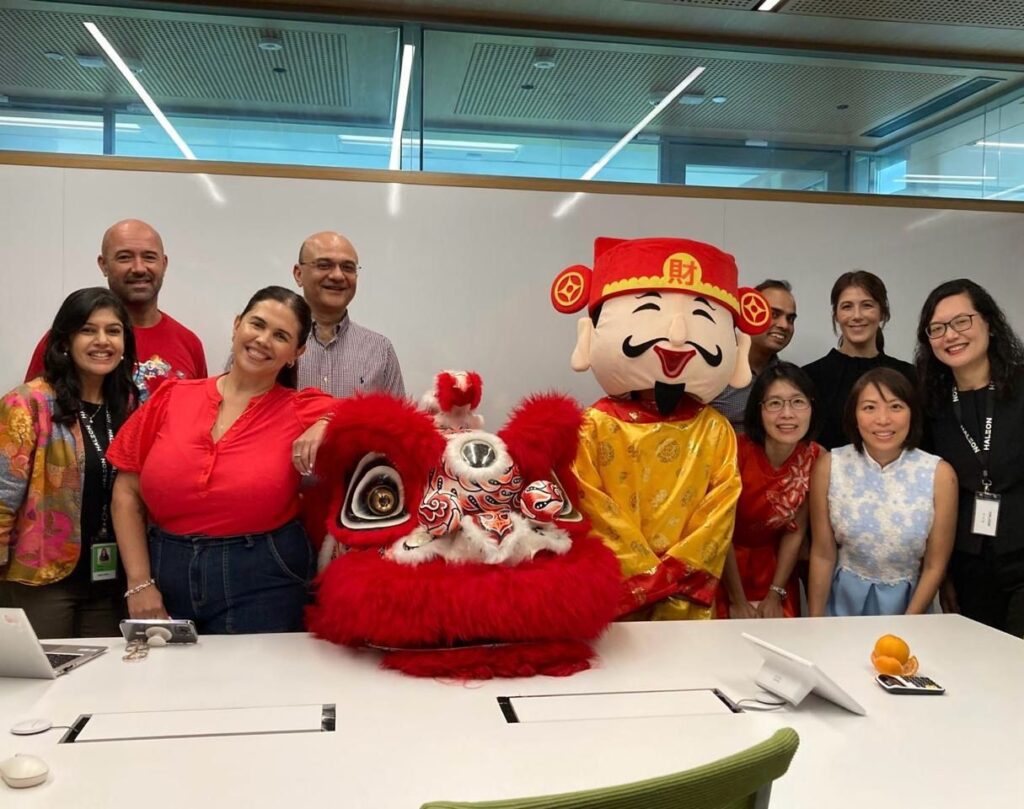
Haleon’s culture of wellbeing empowers employees to thrive, blending personal fulfilment and professional growth through a people-first approach.
Workplace loneliness: Why it impacts one in five employees today

Research finds a clear correlation between workplace loneliness and disengagement, a trend that may be worsening because of remote work.
Personal happiness found to be the key to workplace satisfaction

People with higher life satisfaction are 32% more likely to experience lasting job satisfaction, highlighting the importance of holistic wellbeing strategies.
Verbal strategies for leaders: Cultivating psychological safety in teams

Leaders play a pivotal role in fostering psychological safety, where team members feel confident to speak up, collaborate, and innovate.
Overcoming toxicity: Take control and reclaim your emotional wellbeing

In the second of a three-part article, Avi Liran provides key tips to rise above toxicity and prioritise your wellbeing.
Covid-19, five years later: Why HR is ‘still recovering’

As the anniversary of the US shutdown approaches, one HR leader advises that it is critical for HR to say, “What are the lessons we learned?”
People-first HR: Cultivating leaders in Asia’s dynamic markets
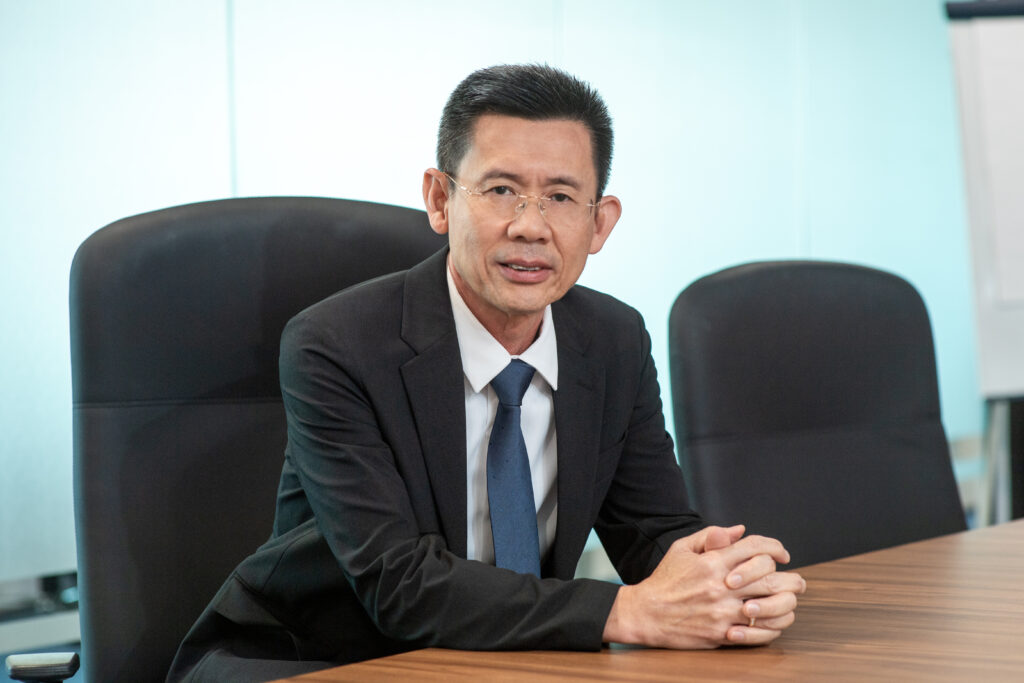
ADM is reshaping its HR strategies in Asia-Pacific, focusing on mentorship, early talent development, and fostering inclusion for long-term growth.
Middle management crucial to empowering women’s health at work

Women in the workforce face unique challenges, from stress to fertility concerns—yet these issues remain underdiscussed in workplaces.
IWD 2025: Building pathways for women’s career comeback

Women re-entering the workforce face unique challenges, but Temus’ Melissa Kee highlights how organisations can help them overcome these barriers.
Why workplace connection matters more than ever in the age of AI

A global empathy deficit erodes workplace connections, but a shift to empathy-driven leadership and positive psychology could reverse this trend.
The steward leader: How HR can drive purpose and profit in 2025 and beyond
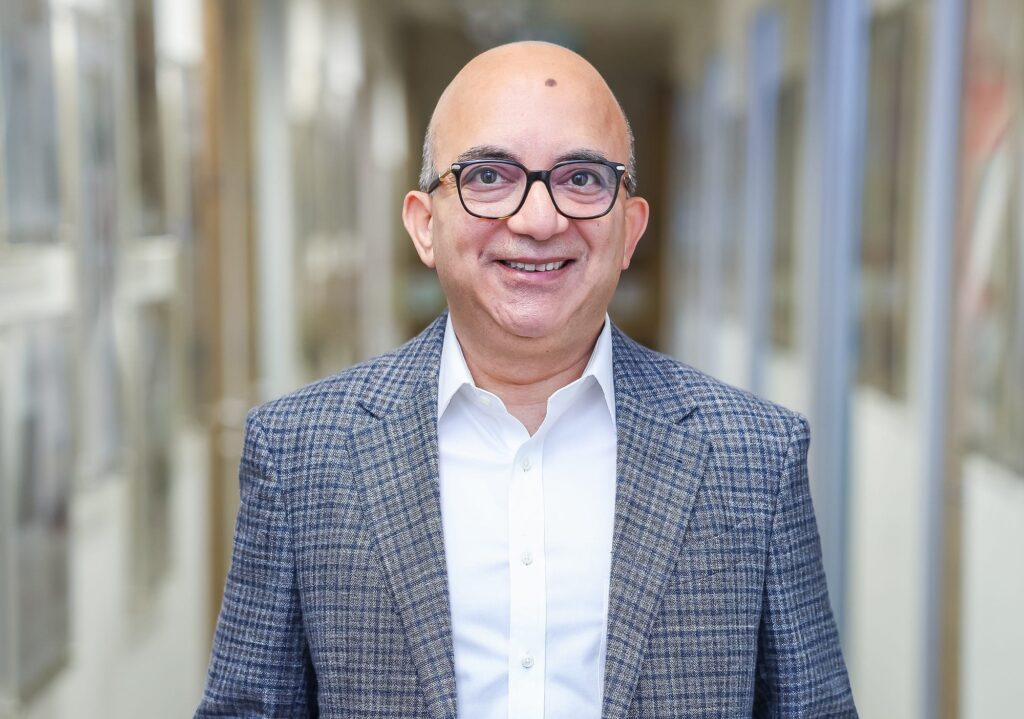
As work undergoes rapid transformation, HR leaders must rethink leadership. Enter Steward Leadership—a model bridging purpose, profit, and sustainability.
